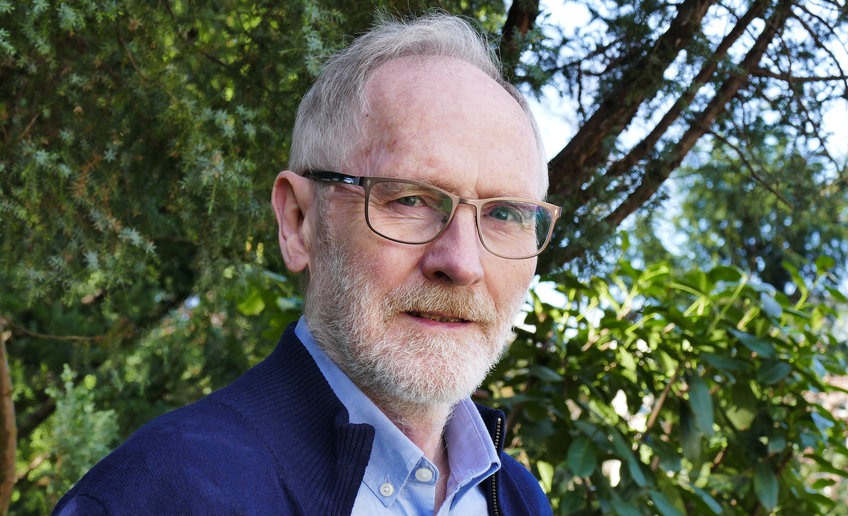
Renowned Cothenius Medal for Max Planck scientist Roger Sidney Goody
National Academy of Sciences Leopoldina honours biochemist's life's work
Roger Sidney Goody, Director Emeritus at the Max Planck Institute of Molecular Physiology, has been honoured with the Cothenius Medal, the most prestigious award of the German National Academy of Sciences Leopoldina, for his extraordinary scientific life's work. Roger Sidney Goody made important contributions to research into cancer, eye and brain diseases by deciphering fundamental biological mechanisms in metabolic processes.
The biochemist Roger S. Goody (born 1944) investigates metabolism in human, animal and plant cells. His main interest is in cell organelles. Protein and lipid molecules are transported between these reaction spaces in small vesicles. In recent years, Goody and his team have used physical and chemical methods such as X-ray crystal analysis and fluorescence microscopy to gain crucial insights into the role of certain molecules in the transport of vesicles. His research is highly relevant to medicine, since malfunctions in cell transport can lead to diseases such as cancer, blindness or mental damage. Goody was one of the first to use enzymatic methods for preparing substances to be used as chemical tools. He also succeeded in providing critical experimental evidence for the extent of the antagonistic effect between ATP and actin when binding to myosin - a milestone in muscle research.
Roger Goody studied chemistry in Birmingham/UK, where he gained his doctorate in 1968. After completing his habilitation in biochemistry and biophysics at the University of Heidelberg in 1983, he held several adjunct professorships, including at the University of Heidelberg and the University of Dortmund (now TU Dortmund). From 2004 to 2009, he held the Chair of Biochemistry of Macromolecular Systems at the Ruhr University Bochum. From 1993 to 2013, he was Director at the Max Planck Institute of Molecular Physiology in Dortmund and headed the Department of Physical Biochemistry. He has headed an emeritus group there since 2013. Goody was President of the German Society for Biochemistry and Molecular Biology and has received numerous prizes and honours, including the Max Planck Research Prize, the Max Bergmann Medal and the Feldberg Prize. He is the author of around 380 scientific publications. In 2003, the German National Academy of Sciences Leopoldina elected him as a member of the Biochemistry and Biophysics Section. In 2018, he was given the great honour of being elected to the Royal Society, the prestigious British Academy of Sciences.
The German National Academy of Sciences Leopoldina
Operating independently, the Leopoldina provides science-based policy advice on socially relevant issues and represents German science in international bodies, including providing science-based advice at the annual G7 and G20 summits. It has around 1,700 members from more than 30 countries and brings together expertise from almost all areas of research. It was founded in 1652 and was named Germany's National Academy of Sciences in 2008. As an independent academy of science, the Leopoldina is committed to the common good.